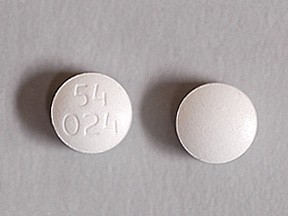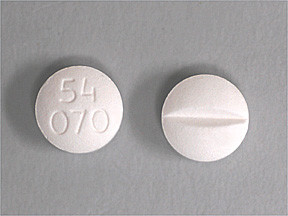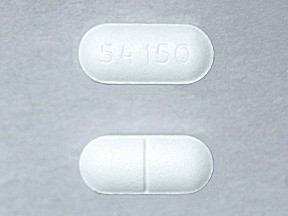FLECAINIDE - ORAL
PHONETIC PRONUNCIATION: (fleck-UH-nide)
COMMON BRAND NAME(S): Tambocor
GENERIC NAME(S): flecainide acetate
Uses
USES: This medication is used to treat certain types of serious (possibly fatal) irregular heartbeat (such as persistent ventricular tachycardia and paroxysmal supraventricular tachycardia). It is used to restore normal heart rhythm and maintain a regular, steady heartbeat. It is also used to prevent certain types of irregular heartbeat from returning (such as atrial fibrillation). Flecainide is known as an anti-arrhythmic drug. It works by blocking certain electrical signals in the heart that can cause an irregular heartbeat. Treating an irregular heartbeat can decrease the risk for blood clots, and this effect can reduce your risk of heart attack or stroke. Older adults should discuss the risks and benefits of this medication with their doctor or pharmacist, as well as other effective and possibly safer treatments.
How to use FLECAINIDE - ORAL
HOW TO USE: Take this medication by mouth with or without food, usually twice daily or as directed by your doctor. Dosage is based on your age, kidney and liver function, medical condition, other medications you may be taking, and response to treatment. Use this medication regularly to get the most benefit from it. To help you remember, take it at the same times each day. Tell your doctor if your condition does not improve or if it worsens.
Side Effects
Precautions
Interactions
Overdose
Images
Reviews
Faq for FLECAINIDE - ORAL
Flecainide is an antiarrhythmic medication used to treat and prevent certain types of irregular heartbeats (arrhythmias).
Flecainide works by stabilizing the electrical activity in the heart, thereby restoring normal heart rhythm.
Common side effects of Flecainide include dizziness, headache, blurred vision, nausea, vomiting, and stomach pain.
Flecainide should be used during pregnancy only if clearly needed. It is important to discuss the risks and benefits with your doctor.
Flecainide should be taken exactly as prescribed by your doctor. It is usually taken by mouth with or without food.
Yes, Flecainide can interact with other medications, including certain antibiotics, antidepressants, antifungal drugs, and certain heart medications. It is important to inform your doctor about all the medications you are taking to avoid potential drug interactions.
Yes, Flecainide can cause serious side effects such as worsening heart rhythm problems, fainting, allergic reactions, and liver problems. Seek immediate medical attention if you experience any severe side effects.
No, it is not safe to suddenly stop taking Flecainide without consulting your doctor. Abruptly stopping the medication can lead to worsening of your heart condition. It is important to follow your doctor's instructions on how to discontinue the medication gradually if needed.
Flecainide can be taken with or without food. However, taking it with food can help reduce stomach upset.
The onset of action of Flecainide varies from person to person. It may take a few days or weeks for the medication to start working effectively. It is important to continue taking it regularly as prescribed by your doctor.
Warning
WARNING: Though this medication often gives great benefits to people with irregular heartbeat, it may rarely cause a serious new irregular heartbeat. Therefore, when starting treatment with this drug, your doctor may recommend that you stay in the hospital for proper monitoring. Flecainide should not be used to treat a certain type of irregular heartbeat (persistent atrial fibrillation/flutter). Talk with your doctor about the benefits and risks of taking this medication for your condition.
Disclaimer
IMPORTANT: HOW TO USE THIS INFORMATION: This is a summary and does NOT have all possible information about this product. This information does not assure that this product is safe, effective, or appropriate for you. This information is not individual medical advice and does not substitute for the advice of your health care professional. Always ask your health care professional for complete information about this product and your specific health needs.



No Reviews Yet